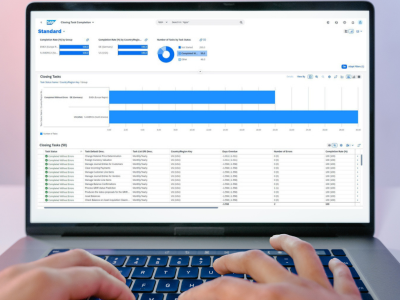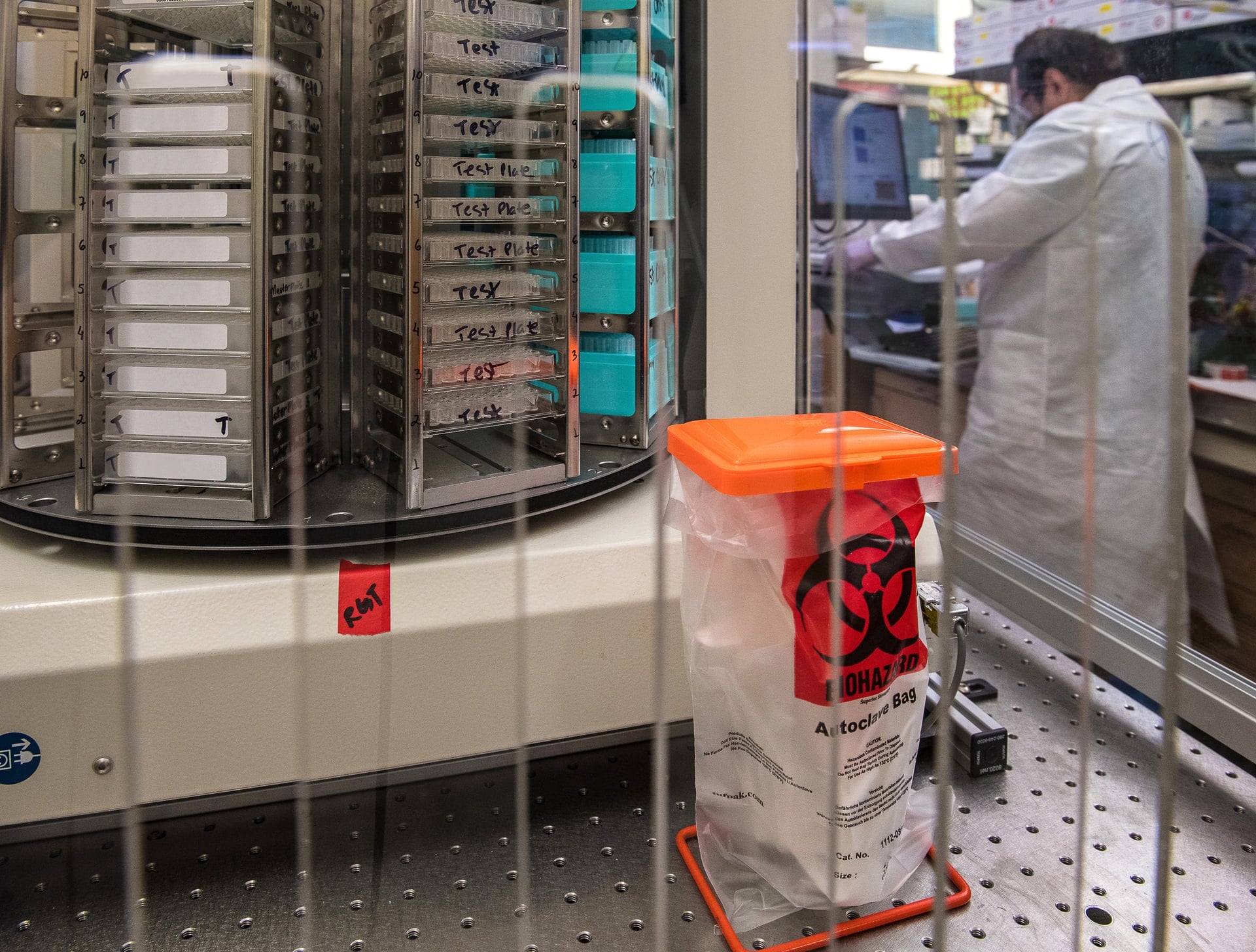A successful business aims to improve and grow.
Three factors play a role in achieving success: innovation (being the first to serve an unmet need), customer service (ensuring that consumers get what they are promised quickly and easily), and efficient processes (staying on top of everything).
If your business is doing well, you probably do pretty well in these areas. Why change what isn’t broken?
Enterprise resource planning (ERP) solutions have been around for decades, so you likely have a sense of what they can do. You may not know, however, about the significant opportunity an ERP platform can offer to improve and even transform all aspects of your operations. Read on to learn why ERP can improve your bottom line.
Truly Integrate Your Operations
How many software platforms are you using today? Entrepreneurs often love leveraging the power of applications to accomplish their work, but how truly effective is your software if it’s all siloed in disparate systems?
As business operations grow, it becomes harder to juggle multiple systems and the risk of human error increases. ERP systems integrate your various operations into one platform to simplify your work, reduce errors, and ensure the quality of your products and services.
Making a move to ERP doesn’t necessarily require a huge capital outlay, either. Cloud-based ERP solutions often come with a subscription-based payment model that lets you build the cost into your operational expenses. Integrating your different systems into one platform can help save a lot on your operational costs.
Make Your Data Work Harder and Smarter
Basic software goes only so far. A more robust system can do so much more with your data and let you see how data from one application interplays with that from another.
ERP solutions hold vast amounts of data from all of your business operations—ranging from accounting to manufacturing to human resources and beyond—in one central place. This lets you and your employees stay on the same page with real-time data—automatically, so your teams won’t need to waste time writing daily reports.
Show the Money Instantly
Money flows in and out, but how well are your current software solutions helping you keep tabs on where it is going? Early in a company’s lifecycle, simple applications may be sufficient, but as your sales grow, disparate systems likely won’t keeping you up to date as well as you might like. Bookkeeping and financial tracking tend to get more complicated over time.
This is where an ERP solution truly shines. The platform allows you to consolidate all of your financial data automatically and review it all on one dashboard. These analytics can be leveraged to produce financial and operational reports quickly and simply, so you don’t have to pull data from different places and create a new report from scratch.
Everything about today’s working environment is fast-paced, and ERP allows you to accelerate your operations through efficiencies and focus on achieving strategic goals.
Do More With Less
Are you tired of your day being bogged down by constant software upgrades? Does your team lose track of spreadsheets? Does the lack of communication between your different applications make things harder?
Your business profitability is hindered when you can’t accurately forecast supply and demand. You need deep visibility into your supply chain, or else you could end up with excess product or shortages and problems achieving deadlines.
A central platform gives you critical operational oversight in one place. Imagine the efficiencies gained by eliminating duplicate processes, and the benefits of an inventory management tool that allows you to monitor changes in supply levels in real-time so you can more accurately forecast stock needs.
Give Your Customers More Attention
You need to deliver on the promises you make to your customers, and preoccupation with back-end tasks takes critical time away from focusing on that goal. If you’re distracted, one mistake in your operation can erode customer satisfaction and trust.
An ERP system lets you leverage the combined power of customer relationship management and project management to give your customers better service. These integrated features consolidate data into a single, easy-to-use dashboard so your staff can efficiently and accurately serve customers promptly.
Enhance Your Communications and Collaborations
Collaboration can make everything run better in a business. A secure and reliable means of communication is essential to getting everyone on the same page.
An ERP system’s communication tools allow you to delegate tasks, facilitate group chats, and share files in one place. All of this allows you to manage projects more efficiently. In addition, cloud-based ERP solutions let your workers take advantage of the system at any time, and from anywhere.
These communication capabilities also allow you to coordinate better with vendors to manage inventory and distribution logistics.
Work Smarter
Your existing systems may be working for you, but how confident are you that they can keep up with your business trajectory?
Your existing daily operations likely have some pain points. Today’s ERP solutions can streamline your workflows, automate tasks, and integrate systems that may be working today in silos. Think about all the repetitive back-office bottlenecks you could eliminate, the power you can gain from stronger data analytics, and the benefits of improved communications between you and your employees, vendors, and customers.
When used correctly, an ERP solution can power your operation by lowering costs across operations and increasing profits.
Navigator has helped with more than 500 ERP installations over the past 25 years. Learn more about how we can help your business, too.
- Solutions
- Industries
- Services
- Resources
- Company
- WATCH DEMO
Search








